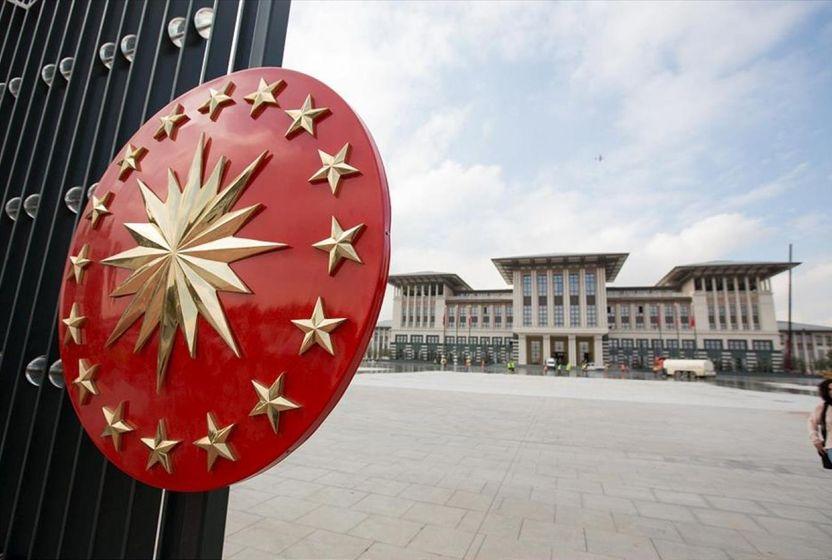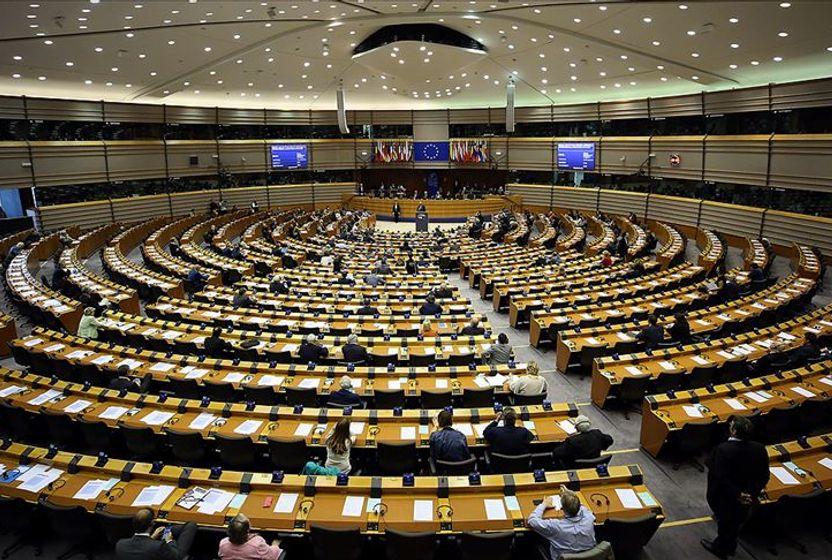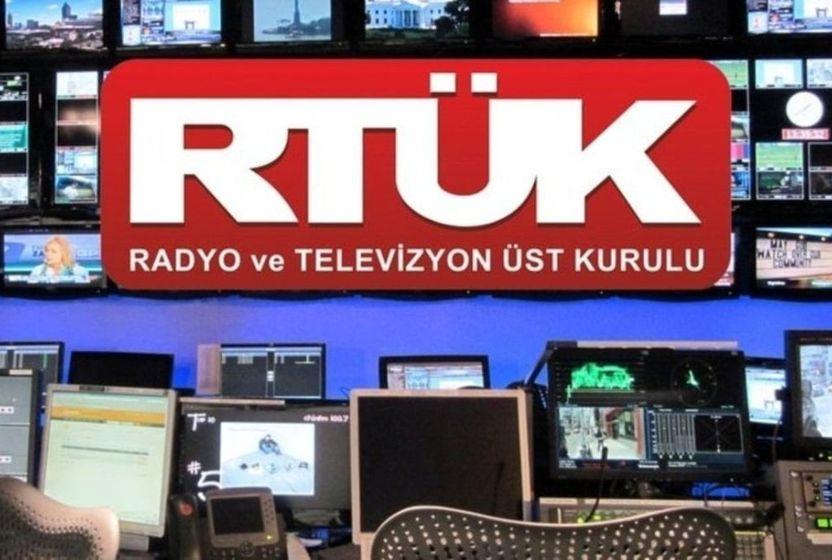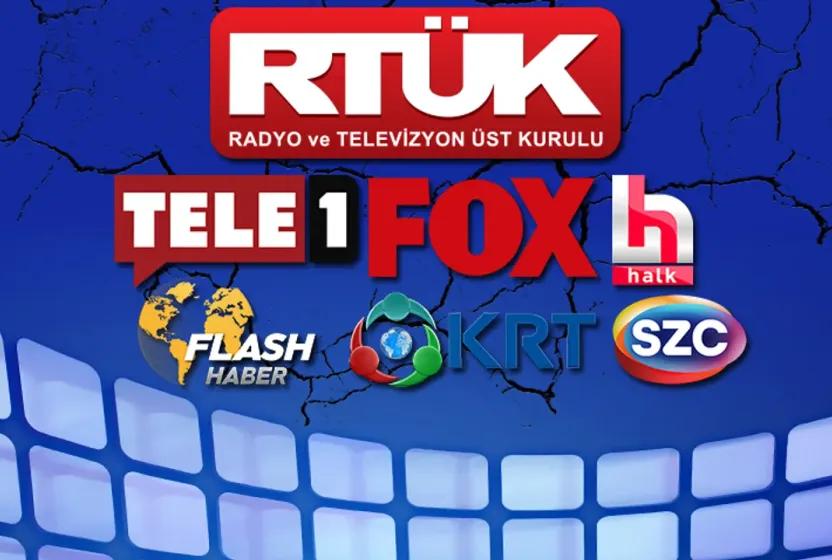Berrak zihinler için yalın, zengin, bağımsız bir Türkçe dijital medya üyeliği.
Ücretsiz Kaydol →democracy ile ilgili hikayeler
17 Şub 2025
13 Oca 2025
Daniel Erasmus is on a mission to save the planet by using AI to bring out the best in our collective decision-making. How does ClimateGPT work and what role does community play in building climate resilience?

The dissolution process of the Roman Republic summarizes why a republic might collapse, and why it needs constant guarding.

It's crucial to anticipate that electing a president via a pluralistic method could pose legitimacy concerns for the executive power, thereby risking harm to Turkish democracy. A scenario where a president with extensive powers secures victory with 20, 30, or 40 percent of the vote (depending on the number of candidates) could result in an legitimacy crisis within the administration. It's fundamental to uphold the principle that in democracies, the executive branch ideally should command 50+1 percent support, applicable to both parliamentary and presidential systems.

This indicates that the government's post-election pledges to improve relations with the EU are not realistic; instead, relations have deteriorated significantly. Furthermore, Turkey's membership in the Council of Europe is swiftly approaching a point where it may come under discussion.

It's important to recognize that every individual has a unique lifestyle shaped by their personal preferences and values. For some people, alcohol consumption is a part of their social interactions, and it is imperative in a democratic society not to impose restrictions on these preferences and values but rather to safeguard them.

If the government's aspiration is to elevate Turkey into a prosperous state, it must recognize that selective rational policies will not suffice. A comprehensive approach to rights and freedoms is imperative.

RTÜK's investigation into opposition channels does not come as a surprise. It has been evident for many years that both the Chairman of the Board and the Board's decisions have been driven by a clear intention to penalize opposition media outlets whenever possible.


